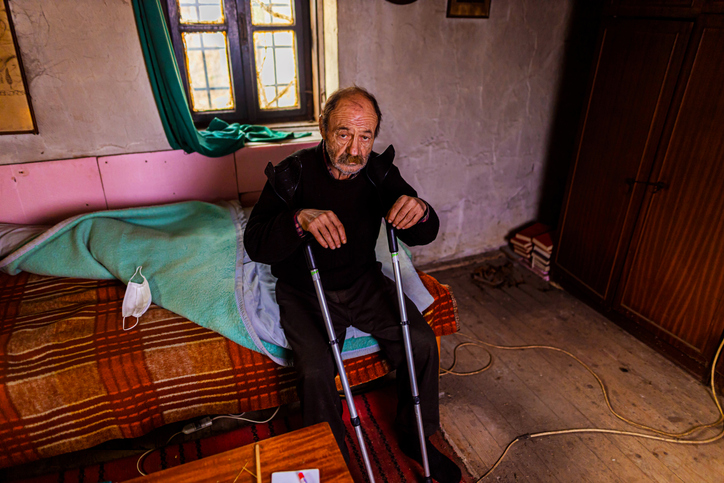

Getting access to timely and quality healthcare can be a challenge for the average person. But for patients in rural areas, underserved communities, and certain marginalized racial or ethnic groups, the problems are even greater. A limited number of providers in the community, difficulty finding transportation to and from doctors’ offices, and even communication challenges due to language barriers can result in chronic conditions going undiagnosed or untreated, while increasing the likelihood of frequent hospital readmissions and the need for costly emergency care.
However, providers can ensure that all people get the care they need – and deserve – without bias. The key is a grassroots effort that starts with homecare providers. As a first line of defense, homecare providers and their caregivers have more opportunities to reach vulnerable individuals, and they often have insights into the social determinants of health (SDOH) that factor into patient well-being, delivering on the promise of value-based care and starting them on a path toward optimal outcomes.